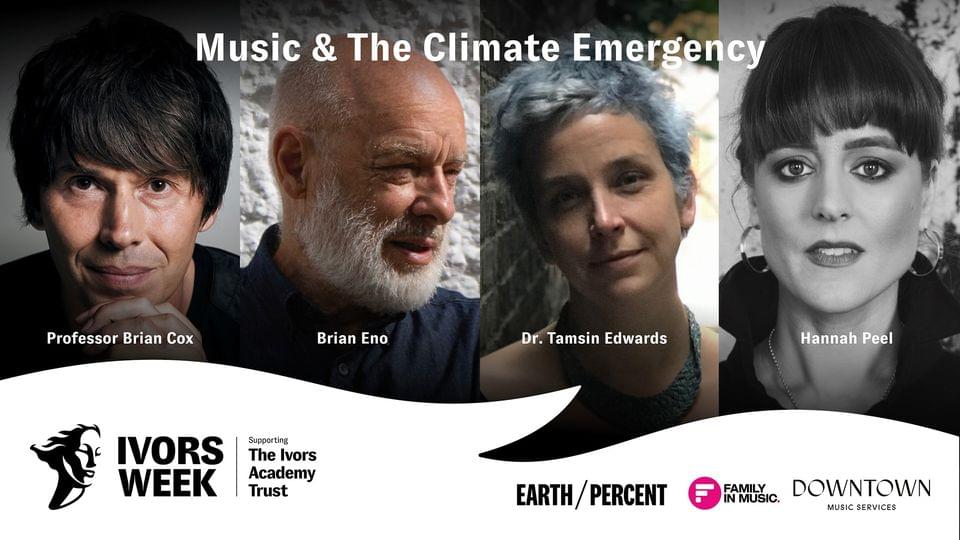Discusses why people so interested about going back to the moon.
Rare earths, minerals, helium 3 etc. And it might be first come first serve.
Countries like China, the US, and Russia are setting their sights on the Moon. But is it purely for the advancement of mankind, or is there profit to be found? Mining for Helium-3, metals and rare-earths on the Moon might be closer than we expect. Astrum merch now available! Apparel: https://teespring.com/stores/astrum-space Metal Posters: https://displate.com/promo/astrum?art=5f04759ac338b.
SUBSCRIBE for more videos about our other planets.
Subscribe! http://goo.gl/WX4iMN
Facebook! http://goo.gl/uaOlWW
Twitter! http://goo.gl/VCfejs.
Astrum Spanish: https://bit.ly/2KmkssR

